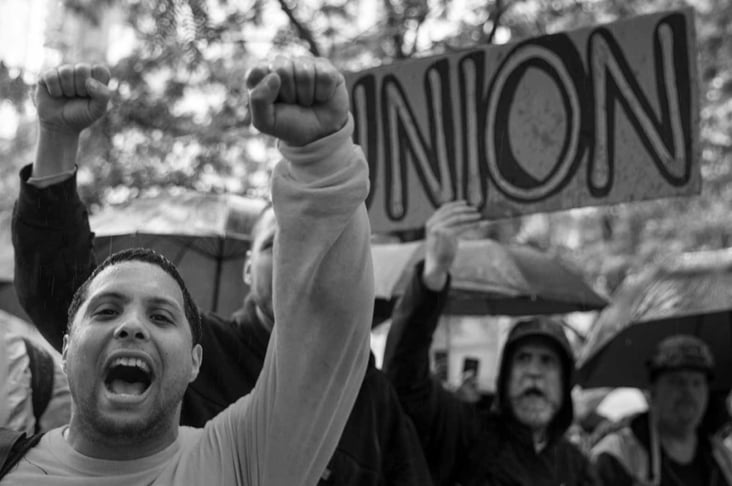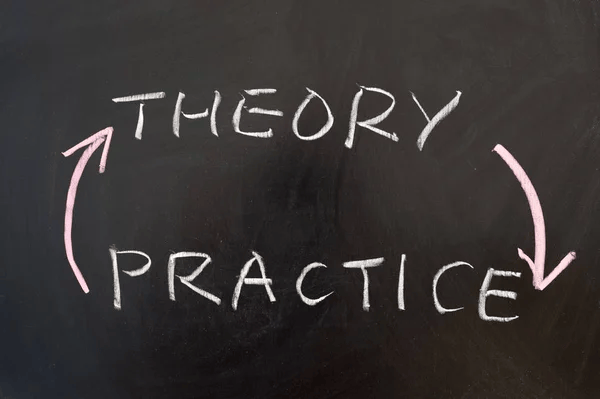The Importance of Reading Working Class & Labor History
Dalton Nolan
12/8/2024
With our current society dominated by the owning class, everything is subjected to their approval. In this, everything that challenges the status quo and present economic system is reviewed, sanitized, censored, or coopted, all in the name of reinforcing the rule of the owning class. This is most seen in the production and circulation of our media, especially as it relates to working class and labor history.
From the onset of the class struggle between the owning class and the working class, the owning class has done everything to control the narrative of the class struggle. This control, the result of years of consolidation of the media into the hands of a handful of powerful companies, allows the owning class to dictate our collective history and ideas to serve their material interests. This stranglehold of our media ensures that only the approved messages get through to the masses, guaranteeing that working people adopt a false consciousness in which they align their beliefs, values, and identities with their exploiters. With a false consciousness, workers won’t confront the status quo, allowing the owning class to continue to exploit working and oppressed people and ravage the planet all for the sake of profits.
In the owning class’s version of history, systemic problems are ignored or de-emphasized, the focus shifts to individuals rather than the working and toiling masses, the present economic system is vindicated, and the heroes in all areas of the class struggle are ignored, co-opted, or completely disparaged as “dangerous radicals.” The prevalence of the owning class’s version of history is most noticeable in public education with routine book bannings and legislation against progressive concepts, such as DEI, in states like Kentucky and Florida. In this, the owning class fights tenaciously to uphold its worldview and its narrative against all progressive and radical forces that seek to challenge it. The result of this onslaught against working class and labor history is that people and events are “forgotten,” such as the story of the local Louisville branch of the Farm Equipment Workers of America and their struggle to uphold interracial solidarity. In many cases, historical figures and events become assimilated into the owning class’s version of history, with their radical messaging blunted or left out of the story. In these situations, these figures and events become “respectable,” transformed into caricatures of themselves that serve one purpose: to vindicate the status quo, quelling any potential desire for radical or revolutionary changes.


With the dominance of the owning class’s version of history and its power in reinforcing the systems that lead to the exploitation of working and oppressed peoples globally, reading the growing collection of working class and labor history is of vital importance to our collective liberation. Working class and labor history is an extremely beneficial resource that aids working people in so many ways. Firstly, working class and labor history orients our thinking, explaining how our society materially works and how it came to be this way. Through working class and labor history, working people are able to come and understand that they are members of an exploited class whose labor sustains the owning class’s existence, gaining class consciousness. Additionally, working people are able to understand the power they have when they stand united as a class to confront the rule of the owning class, comprehending the power of solidarity. Through the attainment of class consciousness and the understanding of solidarity, working people gain the insight and power they need to fight for their shared class interests that benefit all working and oppressed people.
Secondly, working class and labor history guides our actions, giving us strategies to engage in struggle. The class struggle between the owning class and the working class has been a hard-fought conflict that has been present for centuries. As such, there are a million and one stories that detail clashes between the owning class and working class, whether it is about a labor strike, a rally for civil rights, an anti-war demonstration, etc. From each of these stories, the successes and failures of each clash become known to us, allowing the workers of today to learn from our predecessors in our struggle against the owning class.
Thirdly, working class and labor history empowers us, giving us the confidence to engage in struggle. Entering into the fray of the class struggle is a daunting task for any person, even experienced organizers; however, such a task would be impossible if not for the power that working class and labor history provide us. Through explaining our society, imparting to us class consciousness, and detailing the power of solidarity, working people are comforted knowing that they know how to make a difference and that they don’t have to do it alone. Moreover, by listing the strategies previous organizers used to enact their demands for working and oppressed people, modern-day organizers are granted ready-made tools to use in their current struggle. In this, working class and labor history grants us the strength to fight, allowing each of us to contribute our part in building a militant labor movement.


Though the owning class and its institutions have made working class and labor history an extreme niche in our media, there are still plenty of books that dive right in and reveal the contents of our rich history. Additionally, because labor is so integral to the lives of every working person, you can find all kinds of books connecting it to Black issues, Queer issues, etc. The Louisville Workers Brigade will be releasing an educational on our YouTube channel very soon that will go more in-depth on where you can find working class and labor literature, so keep an eye out!
Working class and labor history is central to working class liberation. This is why the owning class and its institutions work so hard to hide and blunt its effect on the working class. Despite their efforts, however, the subterranean fire that is class struggle can never be extinguished; the system guarantees that. As long as our present economic system exists, its exploitative nature fuels the class struggle, leading to the creation of working class and labor literature. From this literature, working people gain knowledge of their class placement, an understanding of the power of solidarity, and the tools of the class struggle, equipping them with the critical power of theory to wage an unrelenting struggle against the owning class. However, theory is only one part of the equation. Theory is only proven through action/practice (i.e., praxis). Through praxis, theory is tested and either validated or refuted, forcing organizers to consistently scientifically develop their theory to meet the realities of our praxis. Without theory, our praxis is directionless and unstable; without praxis, our theory is hollow and lacks material substance. It is only through the proper balance of theory (learning and analyzing) and praxis (organizing) that we can effectively struggle against the owning class and fight for our shared class interests toward a world for working people.


